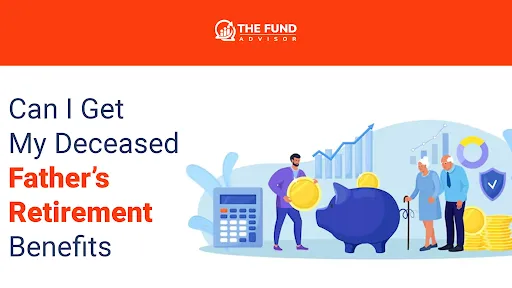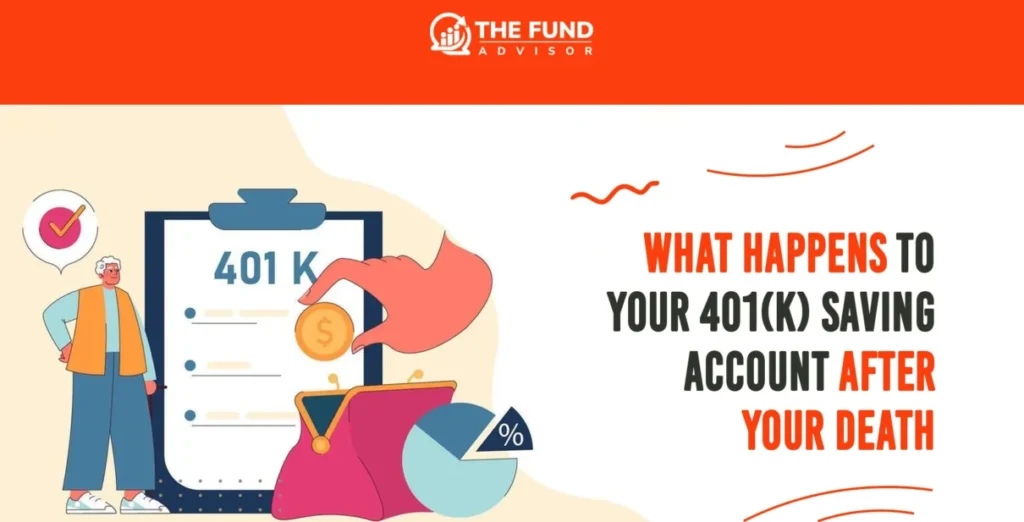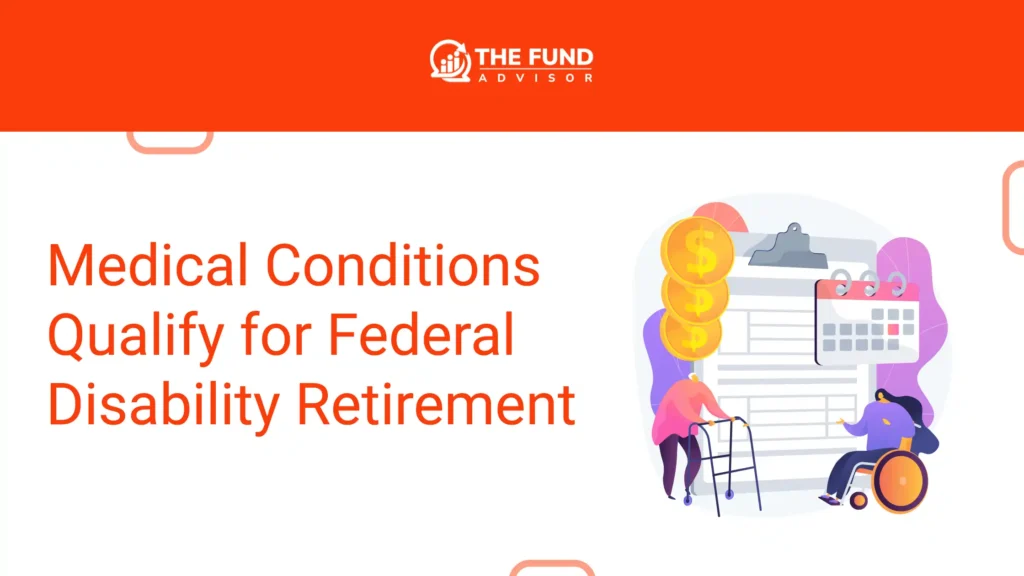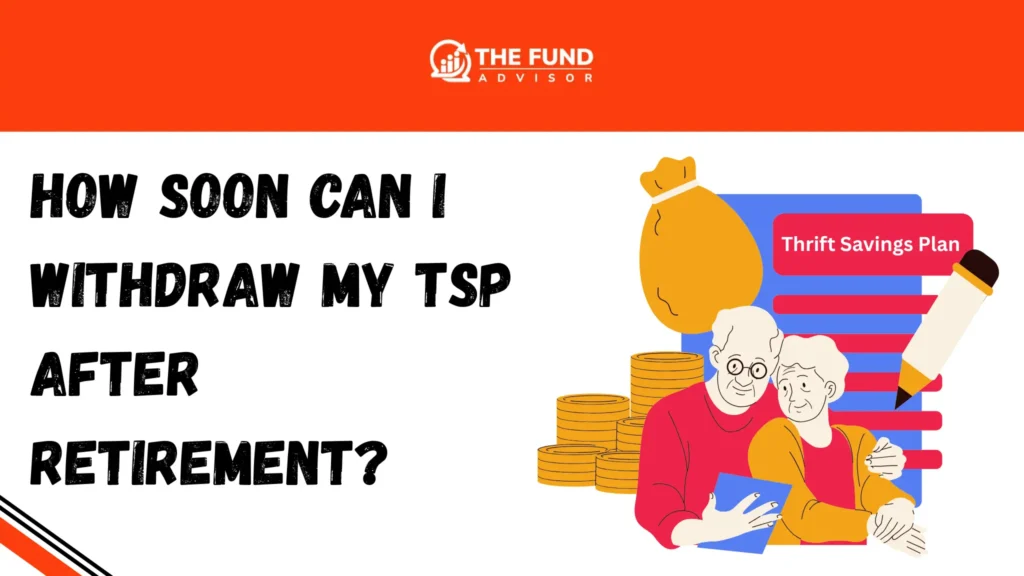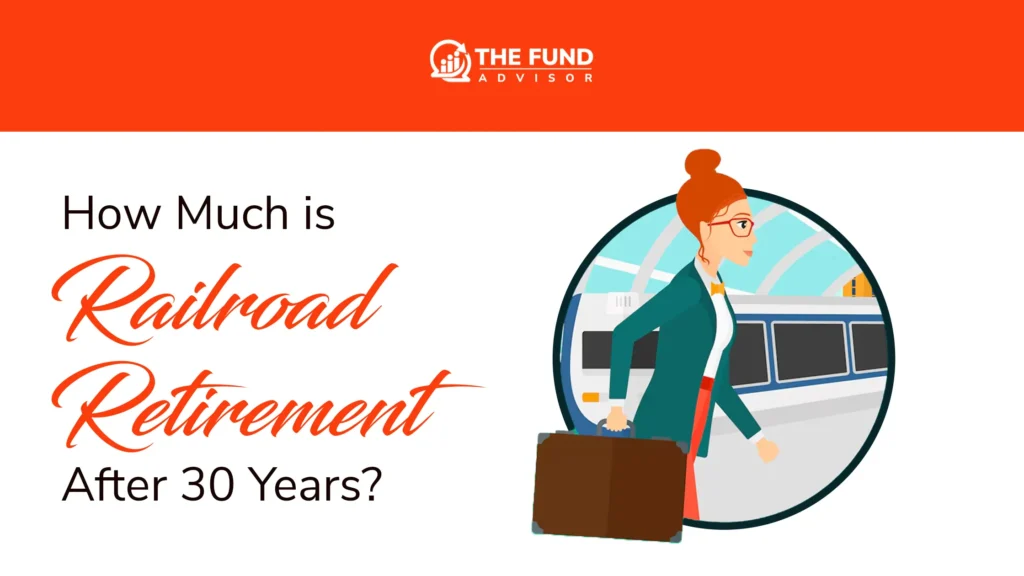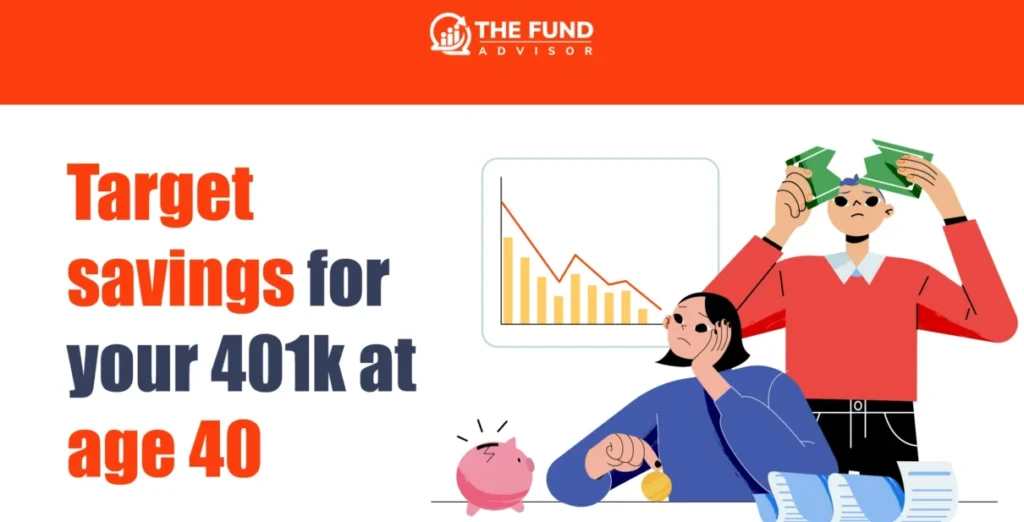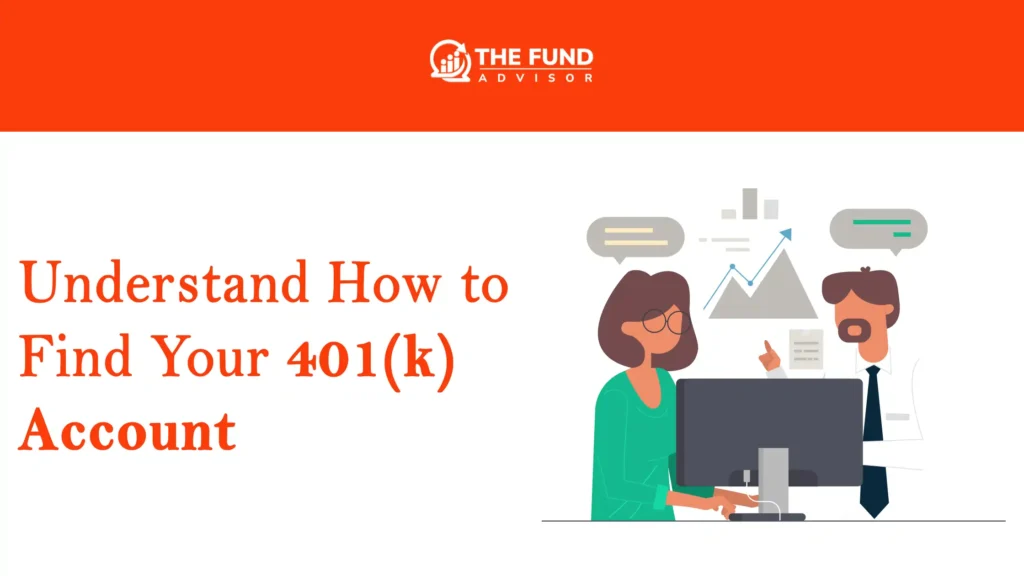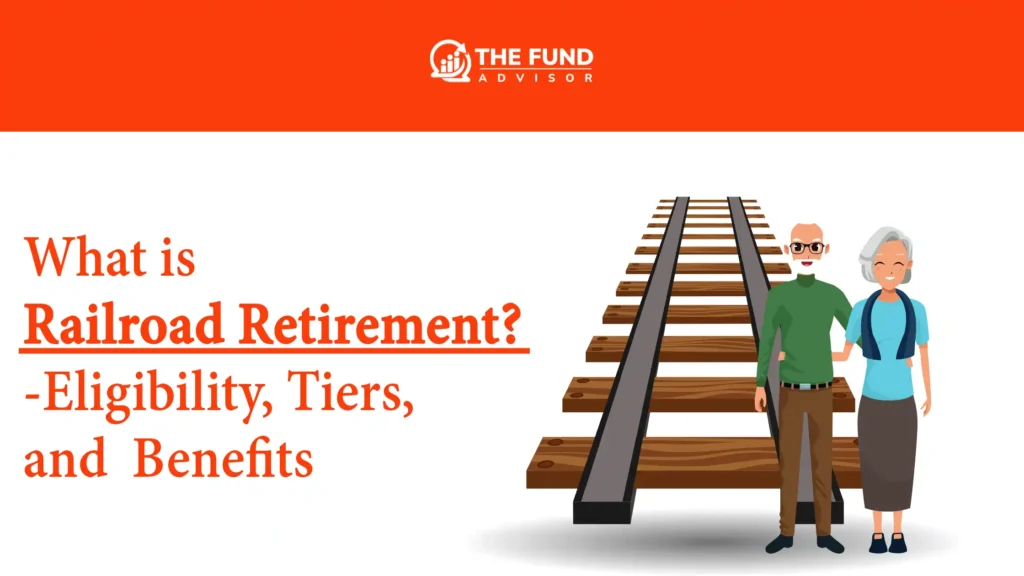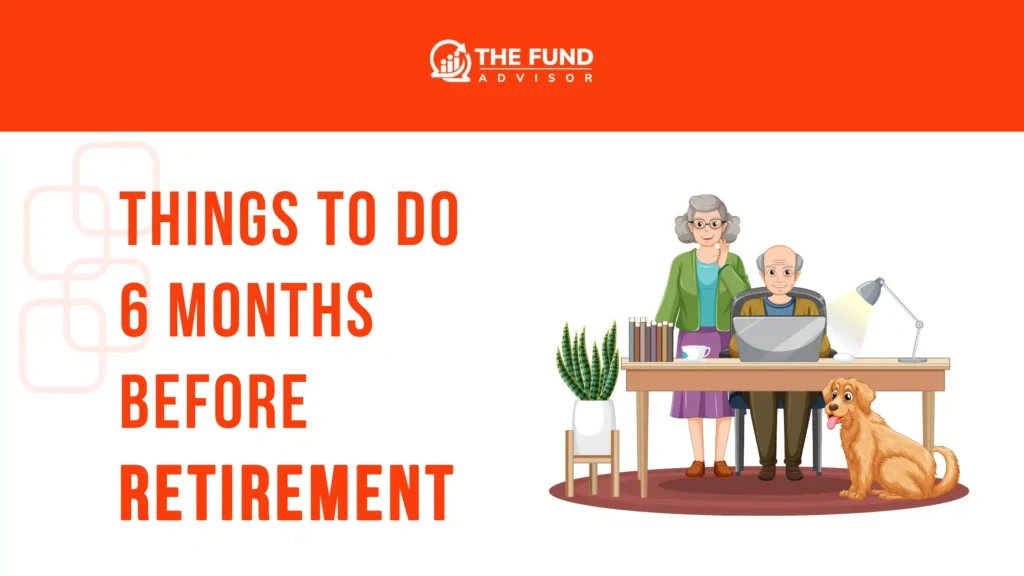Parents are the roof for their children, and losing them affects emotional well-being as well as financial aspects. In this phase, many ask different concerns like My dad died, can I get his retirement after death. Doubts like these are very genuine because with such a tragic loss, managing the finances is important, and if the father’s income was the only source, then looking forward to this concern is obvious.
What Happens To My Dad’s Retirement When He Dies?
What happens with retirement plans of your dad highly depends on the nature and type of retirement account. With different terms and conditions, the beneficiary scope of benefits may vary. After the death of the account holder, the family needs to report to the employer’s department about the death with proof like a death certificate.
Let’s understand what happens to retirement accounts with different accounts :-
-
Employer-Sponsored Pension
These are defined benefit plans, which are provided by the employer to the employee. The surviving benefits are provided to the named beneficiary, Usually, children are not eligible to get these benefits until special mentioned in the beneficiary document.
-
401(k) And IRA Accounts
Accounts with a defined contribution plan are also employer-sponsored. The application process for these accounts requires naming a beneficiary. If your father named you as a beneficiary, then you can access these funds. But the funds are often accessible with a Required Minimum Distribution (RMD).
-
Social Security Benefits
These are the benefits provided for people over the age of 62 and are only available for the related spouse and sometimes children with disability. A one-time death benefit of $255 is paid to the family of the deceased person.
Planning for any tragic situation is very important. These types of retirement benefits may be very helpful to the families of a deceased individual. Reviewing the savings account documents also becomes crucial before naming any beneficiary or filling in other details.
Can I Claim My Deceased Father’s Pension?
It is not that you cannot claim your deceased father’s pension. But the claiming criteria depend on several factors like, type of retirement account, the name of the beneficiary, your age, and some other dependencies. Also, the rules and conditions of the pension affect the eligibility.
Focusing on the main concern, my dad died can I get his retirement after death? In many cases, it is seen that if no beneficiary is added to retirement accounts. Then the funds will go through probate, and this makes the complete process more complicated.
Usually, children are not a direct beneficiary of parents’ pensions unless the name of the children is specifically listed. If you want to know whether you qualify for receiving your father’s pension, or not. Contact the pension administration, then provide them with the full details of the death, including the death certificate, and request a copy of the plan details to review the terms and conditions.
Understanding the norms and other details deeply helps you in the claiming process.
How Do I Claim My Deceased Parent’s Retirement?
If you want to claim your deceased father’s retirement benefits, then you need to follow some steps :-
- Contact to HR department or the pension department of your father.
- Gather all the required documents like the death certificate, beneficiary identification documents, and others.
- Submit the documents and wait for the response.
- Submit a claiming application or request to the respective department.
- Wait for the approval of the claiming request.
My dad died can I get his retirement after death, maybe, and the claiming process is not too difficult, but requires proper documentation. Also, the documents of the beneficiary are needed to claim in their name. First, contact the HR department and understand the process.
What If No Beneficiary Is Added?
In the case where no beneficiary is added to the retirement account, things become trickier. With no one designated, the retirement savings become your father’s estate and can go through the probate process. With this trigger, you will be prevented from making any claim over the deceased father’s retirement accounts.
IMAGE 2: Make an image and add text- Probate is a legal process activated when a person dies and leaves some accounts, like retirement accounts. It governs the validation of will and the administration of these assets.
If we talk about the social security benefits, they expire after the death of the related person. Sometimes can be accessible to a disabled child or the spouse can continue these benefits.
Know Your Rights As A Child
Being directly related to your father, many right align with you. Yes, if a beneficiary added who is other than you, then legally, you are not eligible to get the retirement benefits. But if your name is added as the savings account beneficiary, then you can directly claim the funds without the involvement of the court.
However, many military pension plans offer dependency support to the child or disabled children. So, the answer to the question, My dad died can I get his retirement after death, is yes. Knowing your rights helps you in saving time and taking the right move at the right time. In any false cases or in a situation where your rights are violated, you can legally take some court action against the misconduct and get the benefits you are entitled to.
Special Rules for Government and Military Pensions
If you are still asking, my dad died who gets his pension, so the answer is the beneficiary will get the pension benefits. But here is a twist: if your father works in a government department, like federal, state, or military services, then the rules may vary.
Mostly in these types of sectors, the retirement accounts are managed by the respective government authorities, like, Civil Service Retirement System (CSRS), the Federal Employees Retirement System (FERS), or military retirement. And they provide a feature of survivor benefits. These benefits can be entitled to the spouse or minor children, or sometimes to the dependent adult child.
However, if your father selects “Single Life Annuity,” then the benefits will immediately stop after his death, whether there are dependents or not. Also, the government pension administrations require precise and proper documentation or the account holder and the beneficiary or any other dependent to verify the transfer of pension to a new person.
Conclusion :-
My dad died can I get his retirement after death? Legally, the beneficiary will get the retirement benefits after the death of the retiree. Usually, the spouse is the beneficiary, but if your name is added as the beneficiary, then you can directly claim your father’s pension without any court involvement.
Always, prepare proper documentation because whether you’re not a beneficiary and your mother is the beneficiary, only with complete details, the retirement accounts are transferred to the new owner.
If you find this article helpful, then please follow us and share this with your family and friends.
Frequently Asked Questions
Can you collect your parents’ Social Security when they die?
Social Security Benefits are directly related to the individual, and in the case of death, the benefit payment stops. But if the deceased person has a dependent or disabled spouse, then a portion of this payment can be accessible to the family members.
Can a grown child collect parents’ retirement?
Generally, an adult or grown child is not eligible to collect the parent’s Social Security benefits. Sometimes, other retirement accounts are accessible to the surviving child.
How do I get my deceased parents’ retirement?
Claiming the deceased parent’s retirement depends on the type of retirement account, your age, and the name of the beneficiary. Mostly, the spouse is added as the beneficiary, but if your name is added as the beneficiary, then you can directly avail the pension benefits.
What happens to my dad’s retirement when he dies?
The retirement accounts are automatically transferred to the named beneficiary. But if no beneficiary is added, then the account becomes an estate and goes through the probate process.

